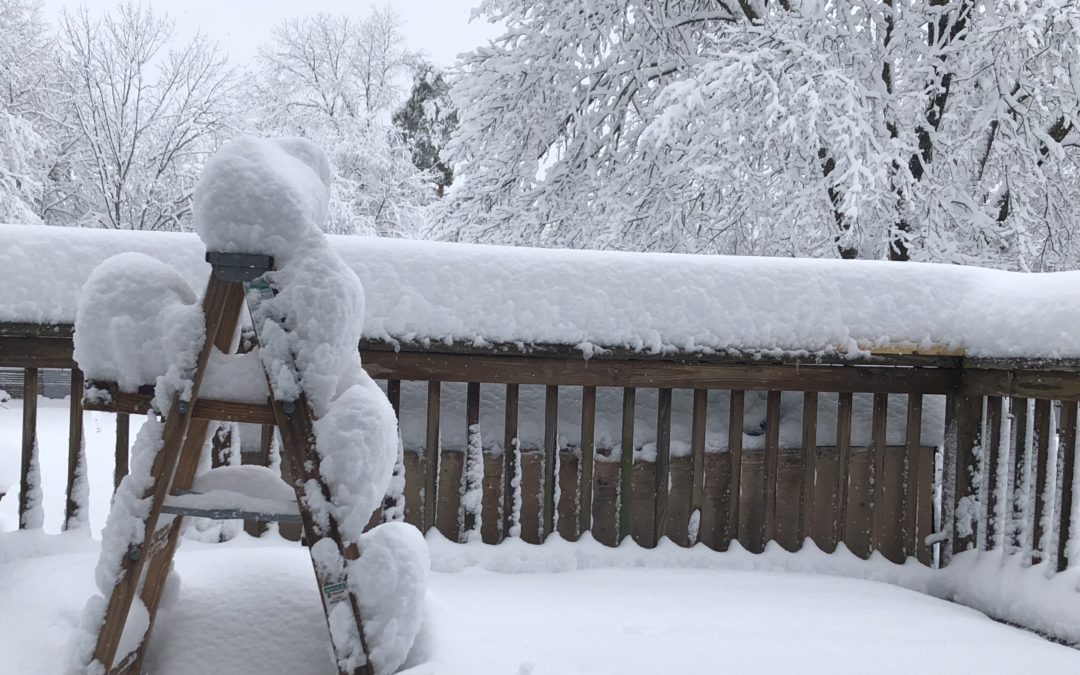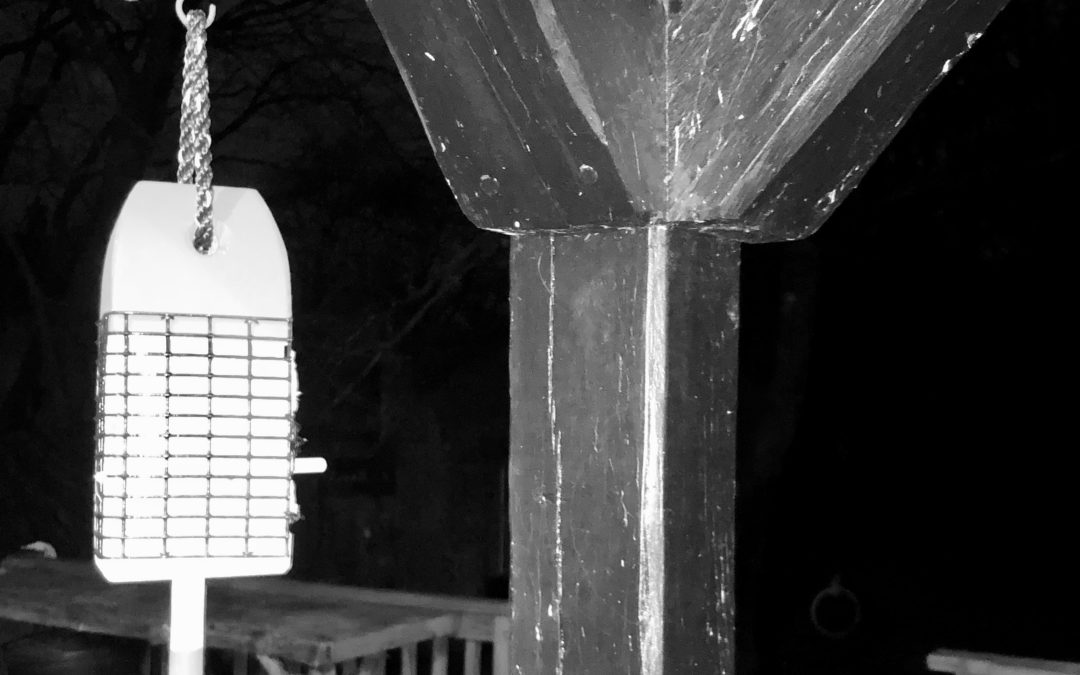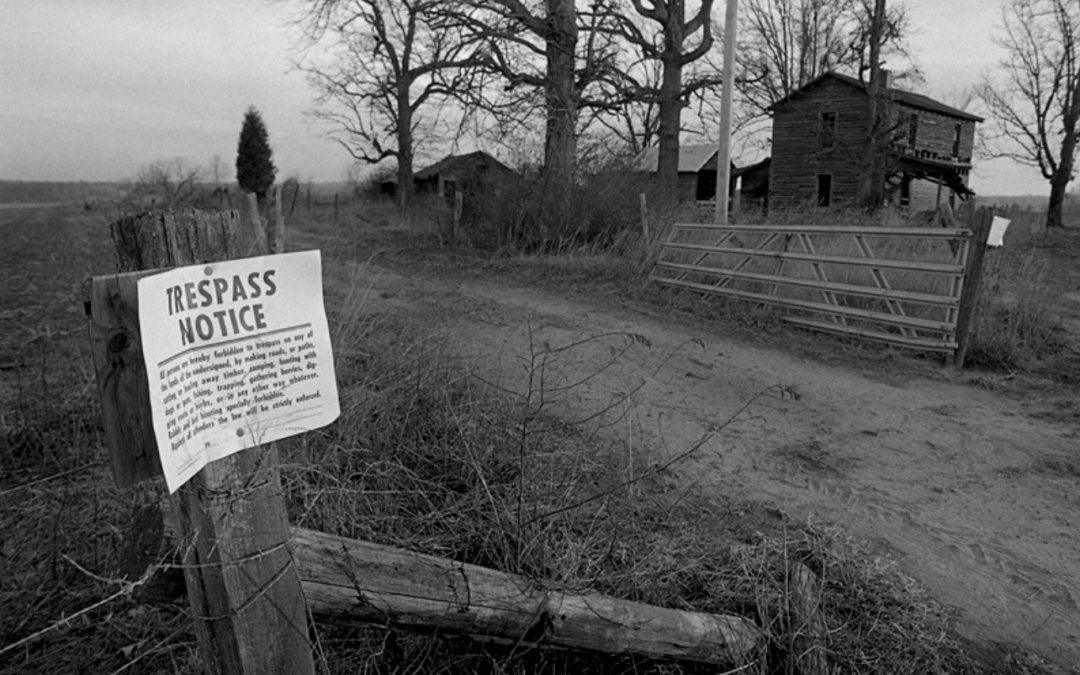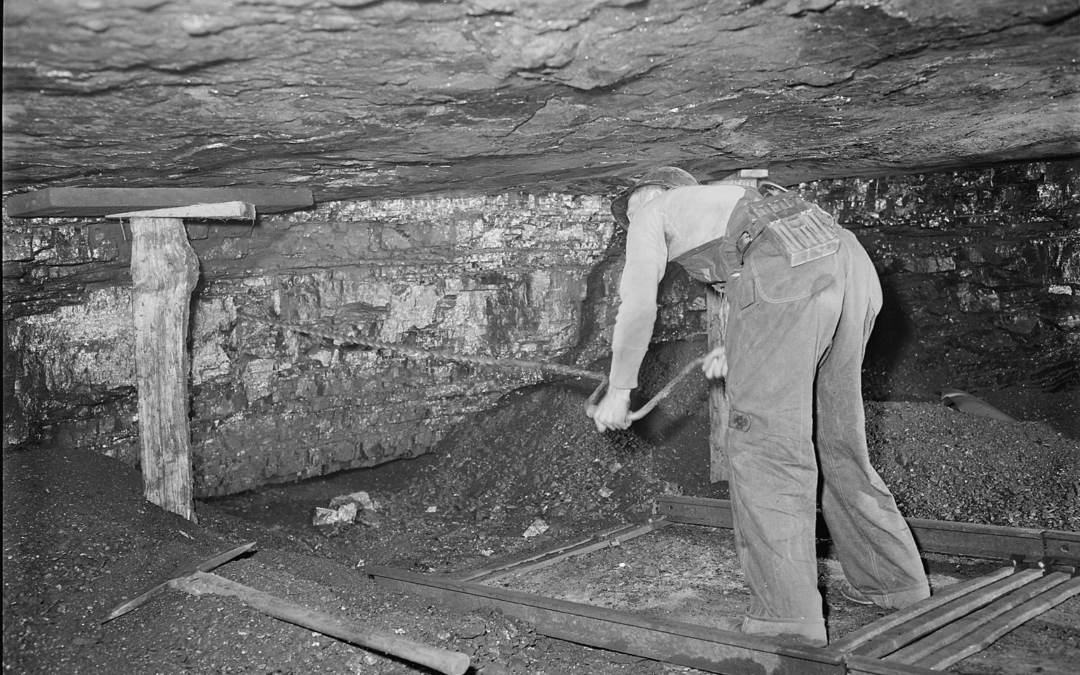Sometimes I start writing without knowing where I stand—unsure of even where I stand. I have to trust some innate wisdom or audacity will cull through the bullshit we are all heir to in what Hamlet laments is “this earthly coil” we are forced to face when we wake each morning. For better, worse and everything in between, America is divided economically, culturally, politically, spiritually and regionally—especially the regional gaps between rural and non-rural places, the right and left and, most jarring, the constant denunciations, pronouncements and exhortations surrounding guns…
I have to start off saying (with angst and trepidation) that I do like guns in some old-fashioned romantic way, though I have never actually owned one. For several years I had use of an old Hawkins 45 black-powder gun a friend “stored” at my cabin, a one room log cabin nestled in the woods where I lived for the better part of some ten years. I used it mostly to blast apart—or at least try to blast apart—paper targets with lead balls I made myself in a crude forge. I hit that target just once. It was on one icy morning when I slipped on a slick of ice, threw the Hawkins in the air and ducked my head as the hair trigger went off. It was the only time I hit the target—and the last time I shot that Hawkins. Another time I rowed a jonboat for a friend while he was duck hunting on the Concord River. He let me take a shot. In my blithe ignorance I didn’t shoulder the shotgun correctly and the recoil sent the butt into my face, smashing into my jaw and teeth, leaving a bloody mess mixing with oily water in the bilge—and my satisfied and bemused friend, Christian Bilodeau, laughing his ass off.
These are the only times I remember shooting a gun of any sort, yet I have always appreciated and even envied folks with shotguns, muskets or classic rifles. I used to carve duck decoys and sold more than a few to bird hunters. I envied, too, their stories of hunting in remote marshes, wild patches of grassland and overgrown thickets. While I lived in my cabin, friends would stop by on a regular basis to hunt deer in the massive track of woodland I lived in. If they got a kill, which they often did, I’d sit and watch and gam as they hung the deer from a lodgepole behind the cabin and gutted them, skinned them and carved out the meat, a bit of which always went to me. For several years I tried my hand at bow-hunting, but I never got a shot off. Hunting, I guess, was never so deep in my bones as it was for so many of my friends.
I’m getting a bit old to take up hunting now, and frankly, I don’t have the desire, but I get that hunting is powerful stuff for a lot of people, and it is deeply embedded in their lifestyles, psyche and social culture—and I don’t think I will ever have a problem with that; nor do I have a problem with shooting for fun or competition. My high school had a rifle team, and for years the camp I worked at had a range for campers to learn to shoot rifles. For many kids it was the best part of camp. A close second was archery, followed by fishing. It makes me think that there has to be some DNA strands in us—especially men—that compel us to hunt, and the tools that help us hunt are as coveted as any other tool that helps us be men—some semblance of the great provider we want to be—or should be. Sadly or not, I think that strand is getting bred out of us. It is not as manly as it once was, and it is being supplanted by a different intelligence. Our hunting ground is now the marketplace; our worth is measured in how much income we generate, and we are most attractive by how well we might support a family, be a father, love our wives and children, and do things and fix things that help the family survive and thrive in the predictable flow of our urban and suburban lives.
Guns and hunting just don’t fit as naturally and needfully in this new paradigm. Rural America is different, and, when there, us soft-skinned machines of commerce are often clueless, gutless ghosts walking absurdly down main streets that are strange, alien and unforgiving to us. There is no comfort zone, no place to celebrate ourselves. We need our supposed good schools, competitive soccer leagues and country clubs to feel at home. We need cars that run, planes that fly us to vacations, and homes and apartments near coffee-shops, malls and health clubs.
We don’t need rural America.
Theirs is a land and culture that is not our own. It is an earthy culture that treasures and clings to its traditions more than we do in the cities and suburbs. They work harder for less pay. Their schools get by on shoestrings and pride. Their factories, mines and farms have been shuttered, bankrupted or off-shored. There is little palpable to show that we care about them at all. We have taken so much from them already, trivialized their lives and condemned their thinking.
And now we want their guns.
What we see as common sense, safety and enlightenment, they see as encroachment, assimilation and blind bigotry. We treat them like antiquated idiots; we ridicule their politics, and we demean them from every stage we can find. Our liberal mindset is showered on them from the fiery pulpits of our almost religious fervor and superiority. We don’t engage in dialogue as much as we shame and name and vilify. They sense the trap, and they will not take the bait; they will not charge into the valley of death and the ensured destruction of their lives and way of life. If they go to church, they are labeled as backward zealots. If they vote republican, we call them rightwing fanatics.
But we never try to really know them.
“If only they could be what we want them to be, we could move forward together…”
But it is we, the pompous, sanctimonious we, who must change, if it is really change we are seeking. By keeping the divide between us, we will never meet on common ground—and our country is, if you are truly American, our unflinching common ground.
And yes, they too must change. They can’t simply hunker down and weather the storm in an insular jacket of stoic pride and a tenuous code of honor. They can’t broad stroke us liberal dandies as swatches of smugness. The horror of the recent carnages is a shared horror, and it is equally sorrowful, reprehensible and incomprehensible across every physical, spiritual and economic boundary in America. In some weird distortion of reality, guns that hunt humans are sold legally and prolifically in the most common and cavalier ways in stores where we buy car batteries, clothes and lawn chairs. These mercenaries of mass murder are sold and marketed in ways that have little to do with the tradition of hunting, bundled in slogans of freedom and constitutional rights—rights I always assumed I was willing to die for to protect.
Gun violence is, I know, rooted in soil that is far from the grounds of hunting or any rural/non-rural bridge, but it is tentacled to the easy access of guns—all guns: why we have them, how we use them and how broadly we accept them as inalienable rights. It is born, bred, compounded and sustained by the pathologies of mental illness, poverty, criminal intent, gangs and a stubborn obstinance to any kind of meaningful regulation, all stuff that crosses every boundary—real or imagined—in America; and the solutions are as vexing as the problem itself. My feeble intellect is no match for that struggle. I can only express thoughts; I can’t expound upon or analyze the sociology or statistics in any cogent way, but I do know that our only way out is through this stormy sea of conflict, something which will never happen in a country of polarizations; it will never happen unless we realize and embrace our common ground as Americans; it will never happen by shouting at each other.
But something can happen; something needs to happen, and that needs to happen in the heart—the singular hearts of noble citizens—not in fixed ideologies of the head, and not in the easy embrace of party lines, this is the essential plea of this rambling, long-winded reflection.
I am not writing this to start an argument, tolead an agenda or to piously pontificate my myopic point of view. I simply want America and Americans to search for commonality, to move toward each other if we can’t live with and for each other and to listen as intently as we speak. Instead of marching on opposite streets, I dream of a march for America that includes all Americans simply and utterly walking together: no banners, no speeches, no leaders—no agenda except walking together in spite of, and because of, our differences. And at the end of the day, we simply go home into the vast mosaics of families and communities we equally love and cherish.
And maybe, just maybe, a sliver of new light, maybe even insight, will dawn on a new and better day.





